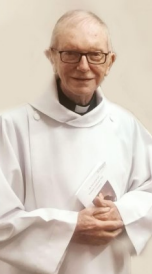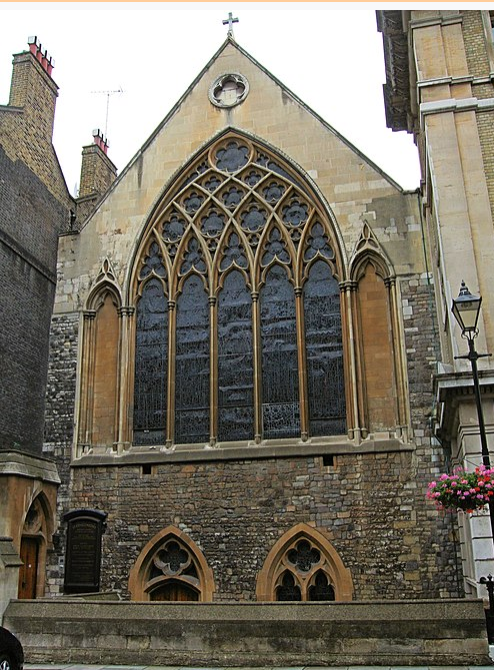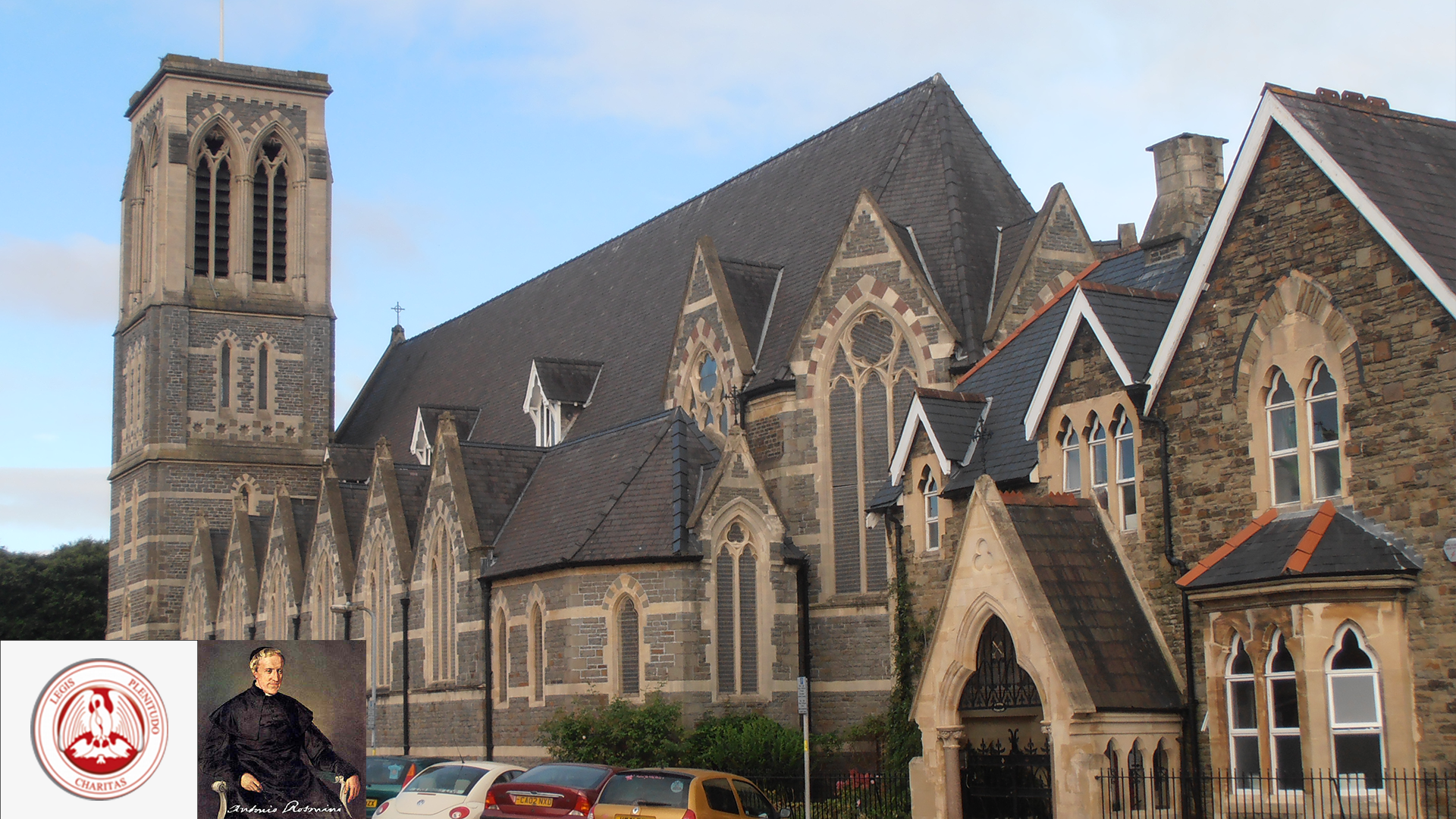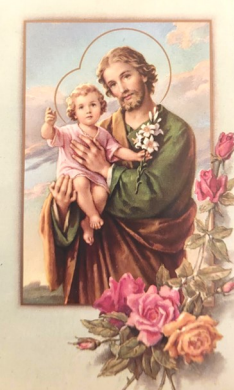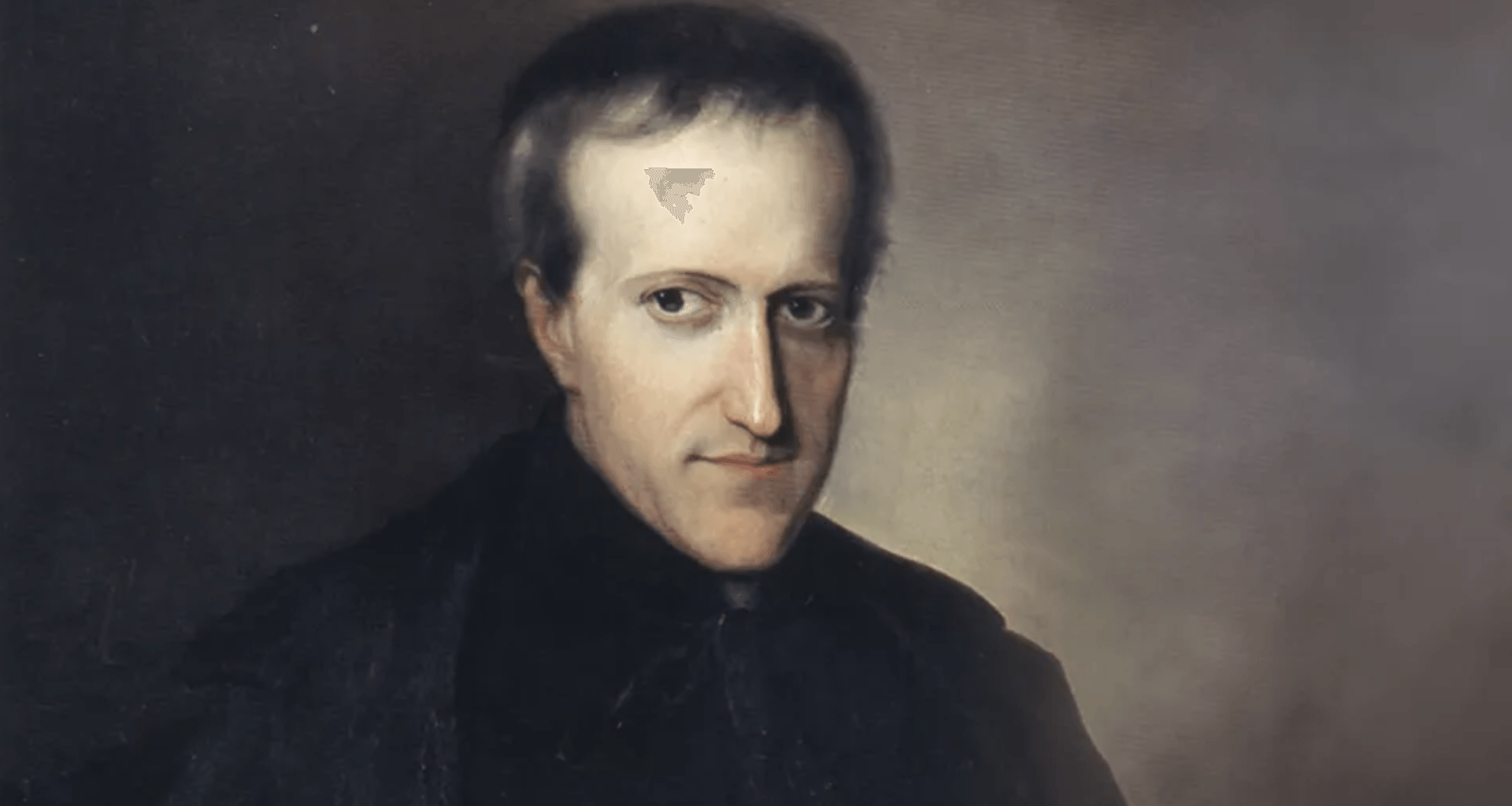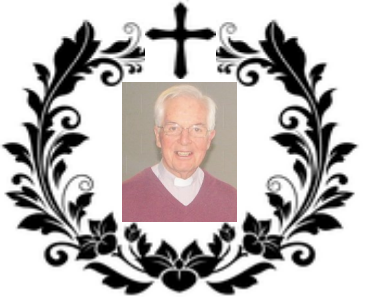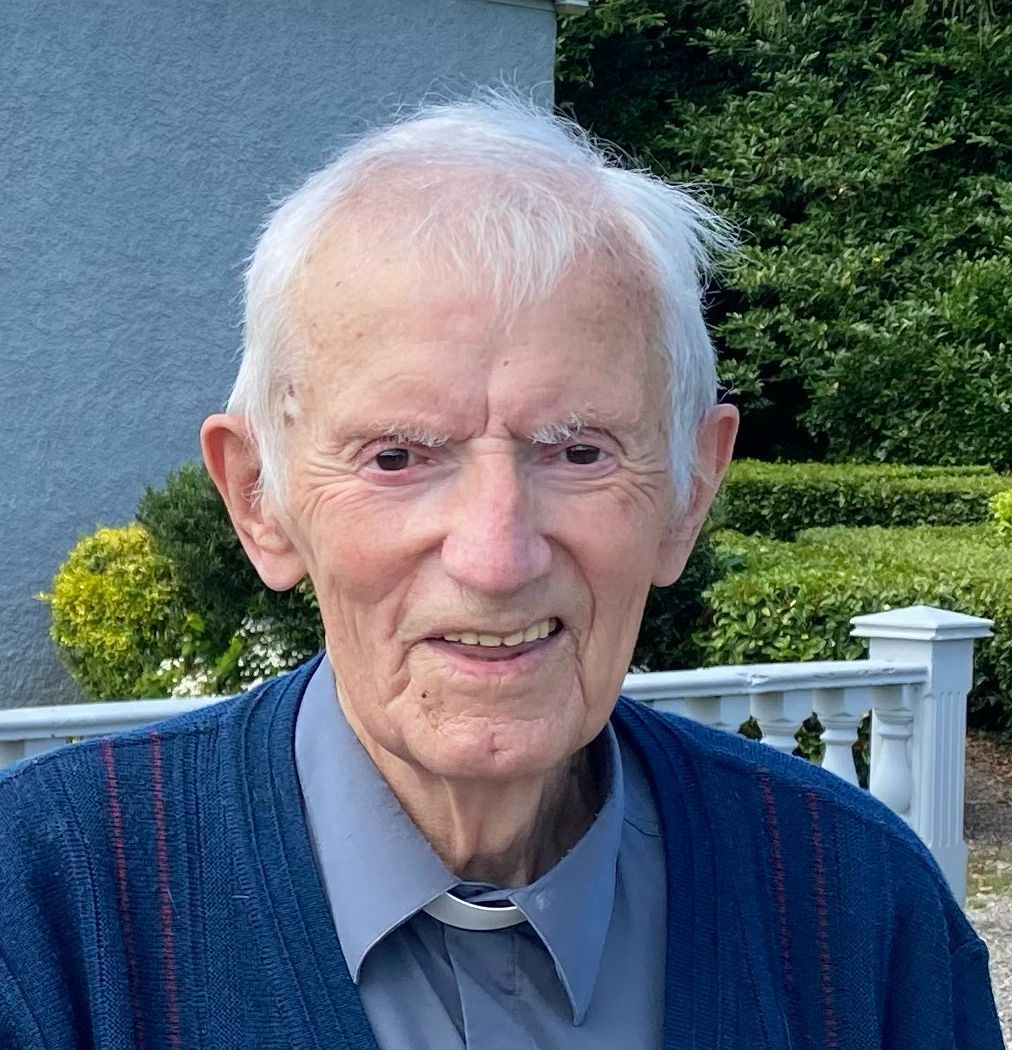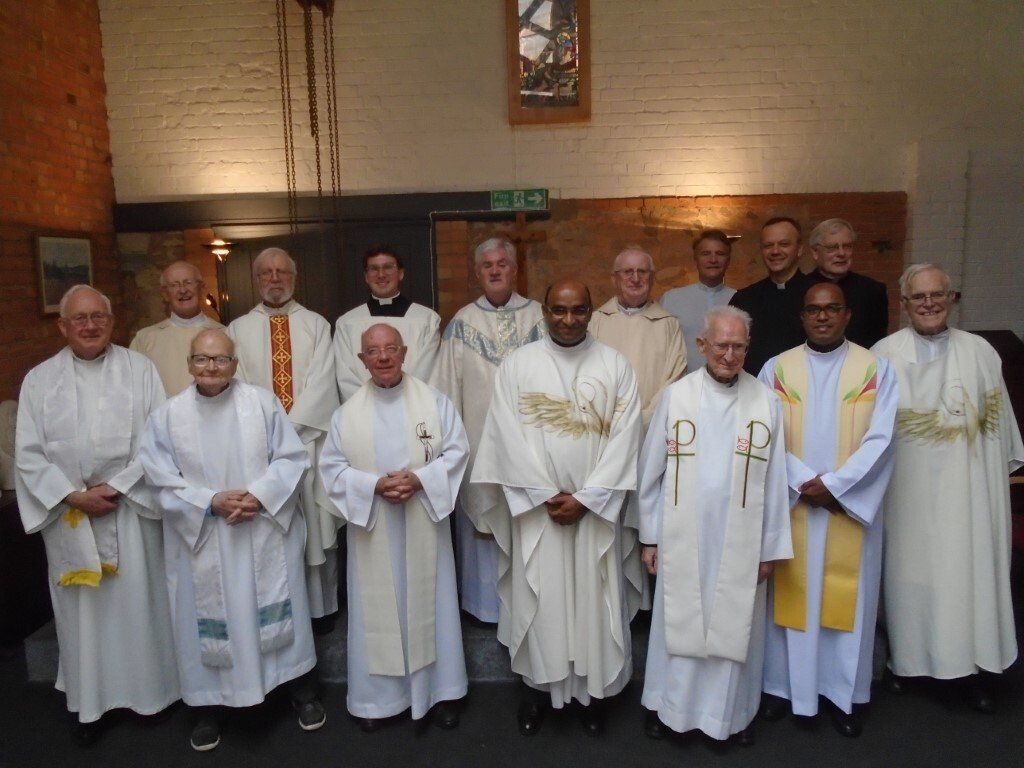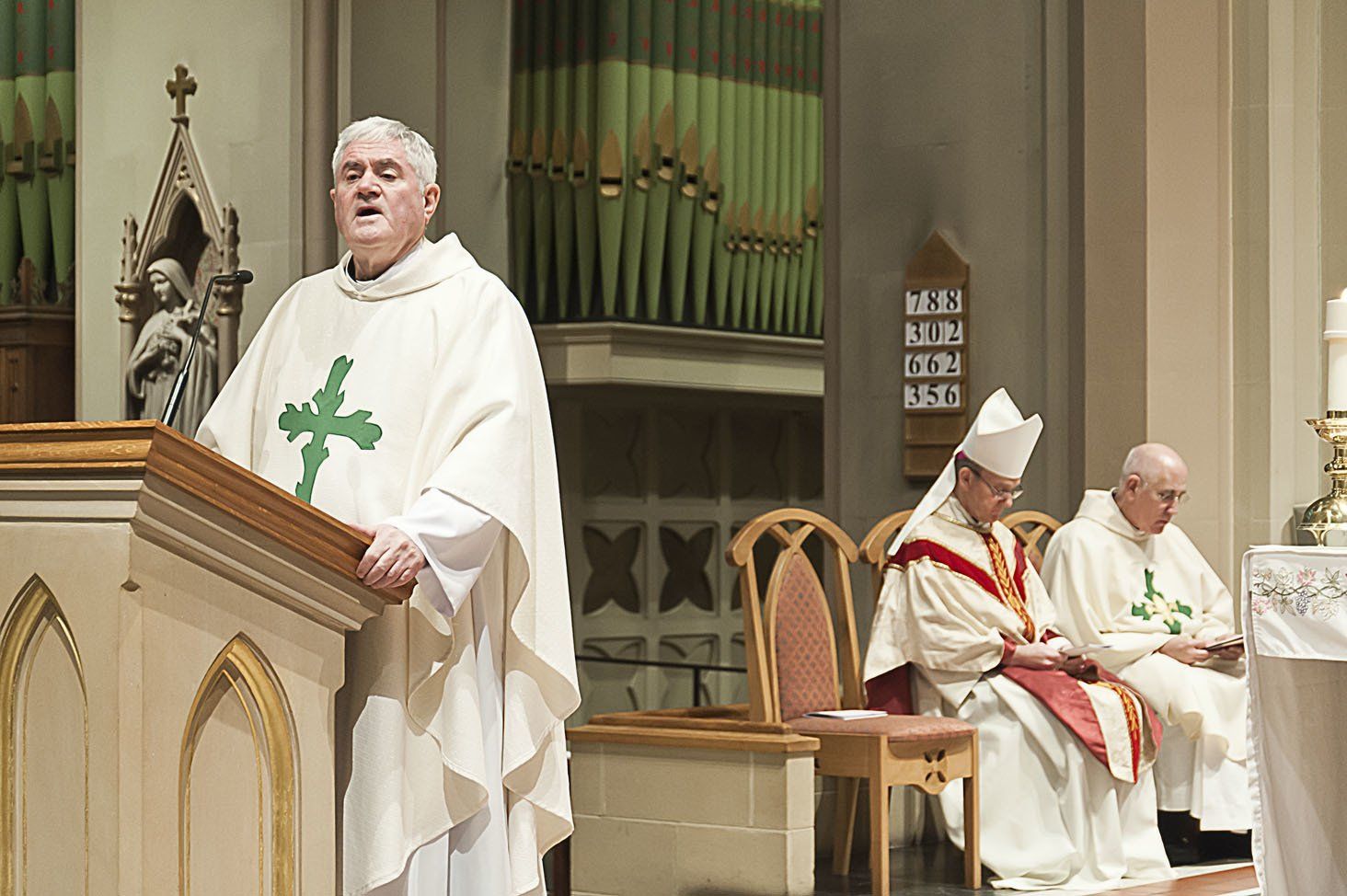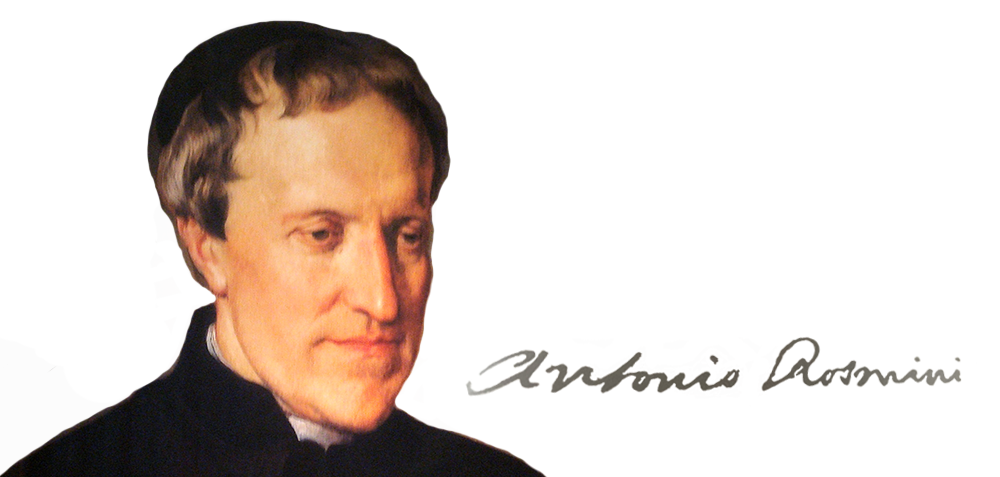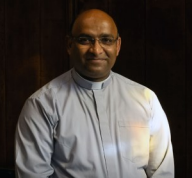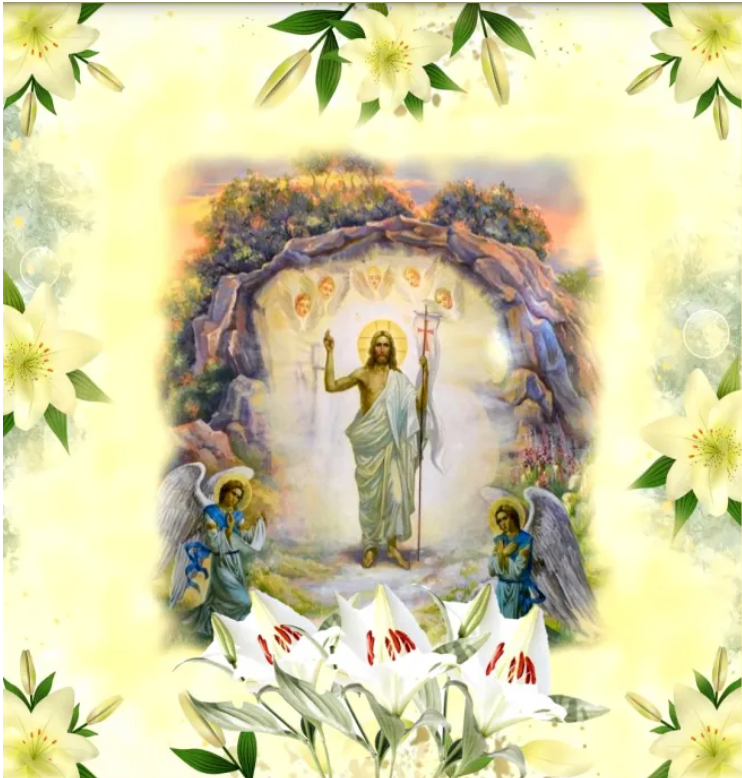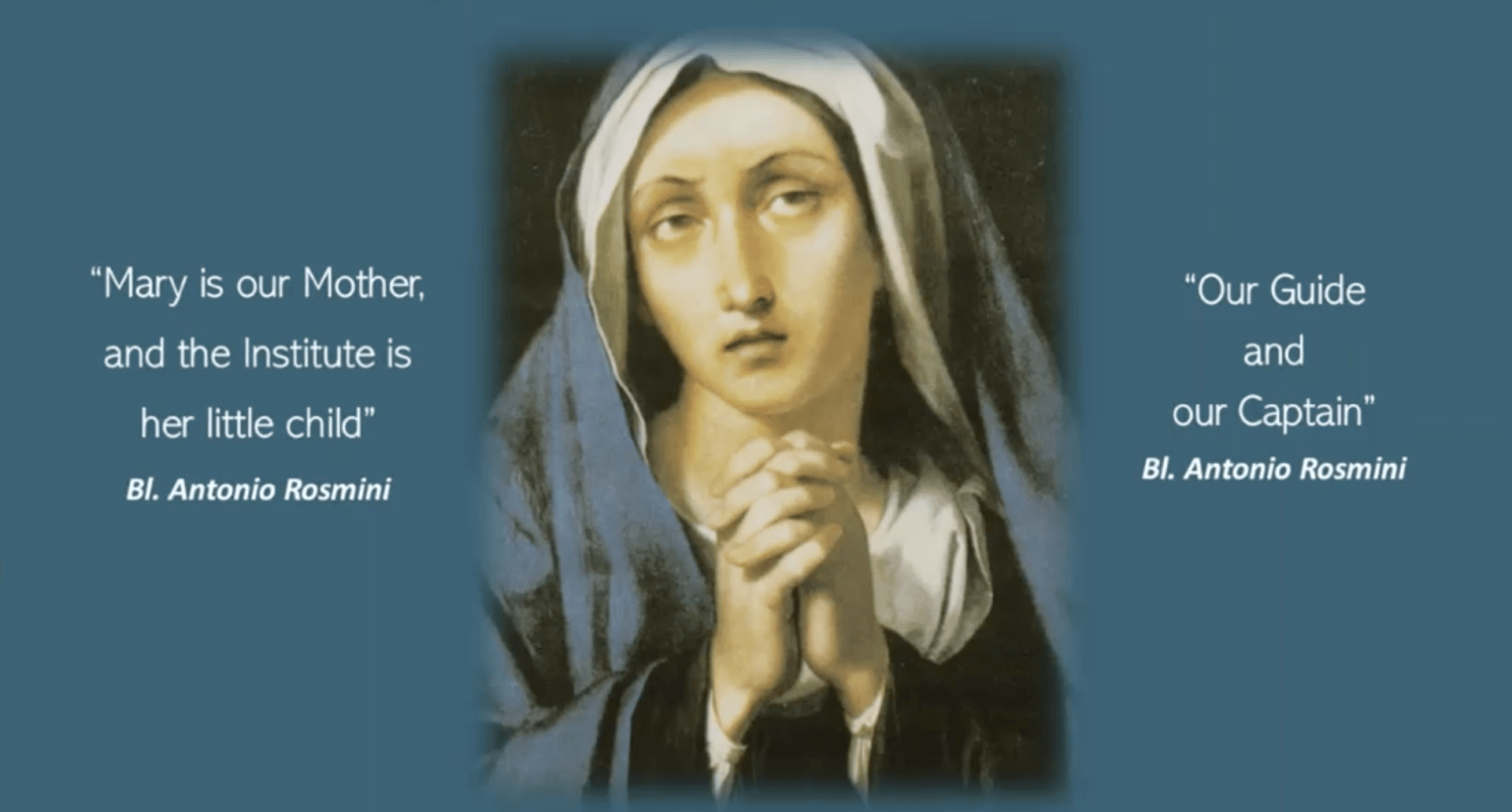Rosmini and St Ignatius
I cannot remember now what led me to find a series of articles on Rosmini and St Ignatius in the Italian magazine, Charitas, past copies of which occupy two shelves of the Rosminiana library at Derryswood. I remember noting them as interesting and then putting them aside for some months before returning to them and deciding to translate them. They were written in 1956 by one of our deceased Italian priests, Giovanni Pusineri, who was for many years director of Charitas and one of the intellectuals of the Institute.
Rosmini’s interest in St Ignatius is a fascinating subject. Students of church history will know that the Jesuit order, or the Society of Jesus, was suppressed from 1773–1814. This was a political act due to Clement XIV being under pressure from the secularists of the Enlightenment rather anything untoward religious. However in more felicitous times the Order was restored by Pius VII in 1814 when Rosmini was seventeen years old. But Ignatian spirituality had always stayed alive in the North of Italy. The Swiss ex-Jesuit Nicholas de Diesbach (1732–`1814) had kept on preaching the Spiritual Exercises. This explains why Rosmini had been interested in Ignatius and the Society of Jesus from his earliest years, and he rejoiced in their re-establishment.
In 1830 he made the Spiritual Exercises at S. Andrea al Quirinale in Rome and it was previous to this that he had corresponded with his friend Giuseppe Brunati who expressed a desire to enter the Jesuit Order. Rosmini was interested himself but never got as far as actually deciding to join it. He was greatly impressed with the retreat he made at S. Andrea and the retreat director realising this handed him the Rules of the Society. Rosmini was ,in fact, already familiar with them for he had managed earlier to obtain a copy not only of the Rules but also of the Constitutions. He expressed his appreciation to his director but he believed that the Rules needed some additions and modifications in keeping with the times in which he lived. Only a really erudite person could have made these remarks candidly, modestly and without arrogance. His astonished director sent him to a more experienced priest, Fr Rossini, who realised that the Jesuit Order was not for him but he added the prophetic words ‘you will meet with great difficulties: war will be waged against you, but trust in God and you will gain the victory’. I don’t suppose the good man ever dreamt that the opposition would come from the Jesuits themselves, who, still suffering from their recent suppression and fearing the influence and learning of Rosmini, instigated a slanderous and clandestine, polemic against him in 1840 which was to have lasting repercussions and gravely harm both Rosmini and his Institute.
Meanwhile Rosmini had recommended the Spiritual Exercises to his brethren and encouraged them not only to teach them but to make them themselves. With this in view he wrote his own spiritual exercises for the use of the retreat-giver called ‘Manuale dell’ esercitatore’ [Manuale for the Retreat-master]. This was first published in 1840. The modern Critical edition of this work (Rome, 1987) is edited by the learned Jesuit François Evain, S.J. who intriguely underlines the parts of the work which are taken from Ignatius’ own Spiritual Exercises. Pusineri’s articles make fascinating reading as he explains the early interest of Rosmini in the Jesuit Order and goes on to give a commentary of Rosmini’s work. This led me to translate and edit Pusineri’s articles; and hopefully the resulting book, The Spiritual Exercises in St Ignatius and Antonio Rosmini, will give English-speaking readers some insight into the Manuale pending a translation of the work which remains to be done.
J. Anthony Dewhirst
